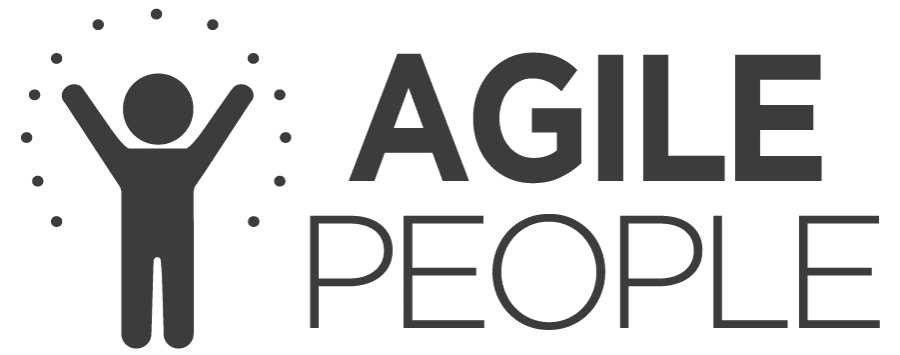Introduction
This case study examines the transformative journey of a newly formed cross-continental Leadership Team (LT) with a few new members and new roles within an organization. The leader recognized the need for improved collaboration, trust-building, and coaching culture development. They embarked on a systemic team coaching intervention to address these challenges, engaging the expertise of two experienced team coaches from India and Sweden. This case study highlights the team’s initial state, the coaching intervention, and the positive outcomes achieved as a result.
Background
The LT had been recently formed, consisting of members who were new to each other and had limited interaction outside of operational meetings. In the early stages, some members were more active than others, and members struggled to establish effective communication channels. The team lacked a coaching mindset and faced challenges related to unclear boundaries between global and local leadership. Additionally, the LT experienced alignment issues with key stakeholders and a lack of clarity regarding their collective message to the organization. Both internal and external conflicts were not managed effectively, hindering progress and cohesion within the organization.
Outcomes and impact
Recognizing the need for support and development, the LT opted for a systemic team coaching approach. The coaching intervention aimed to enhance collaboration, build trust, develop a coaching culture, align with key stakeholders, improve strategic focus, and establish a unified message to the organization.
Transformation and Outcomes:
Following the systemic team coaching intervention, the LT experienced notable improvements in several key areas:
Improved Communication and Psychological Safety: Members of the LT felt more comfortable expressing themselves openly during meetings, creating a safe environment for dialogue and collaboration. This led to increased participation and better sharing of ideas and perspectives.
Coaching Culture Development: Through the coaching dojo sessions, the LT gained a deeper understanding of coaching principles and began actively coaching each other. This shift allowed for peer support, personal growth, and collective problem-solving within the team. This also lead the LT to be better coaches to agile teams in the organization.
Clear Channel of Interaction with Global Leader: The LT established a clear and effective channel of interaction with the global leader, promoting transparency, alignment, and a better understanding of the organization’s overall direction.
Collaboration with Key Stakeholders: The LT identified the importance of partnership with key stakeholders and took proactive steps to improve relationships. Their action plan resulted in positive responses and strengthened collaboration between the team and stakeholders.
Unified Message and Strategic Focus: The LT developed an action plan to communicate their long-term and short-term goals as one voice. By aligning their messaging, the team ensured their strategic focus was clear and consistent across all members, promoting organizational unity and coherence.
Spreading the Coaching Culture: The Leadership Team recognized the value of a coaching culture and aspired to extend its benefits to the entire organization. With the aim of fostering growth and development at all levels, the LT devised an action plan to promote coaching practices throughout the organization. By emphasizing the importance of feedback, coaching, and open communication, the team sought to create an environment where individuals felt supported, empowered, and encouraged to reach their full potential. Through this initiative, the LT aimed to create a ripple effect of positive change and enhance overall organizational effectiveness and enhancing team performance, highlighting the importance of investing in coaching interventions to drive organizational success.




